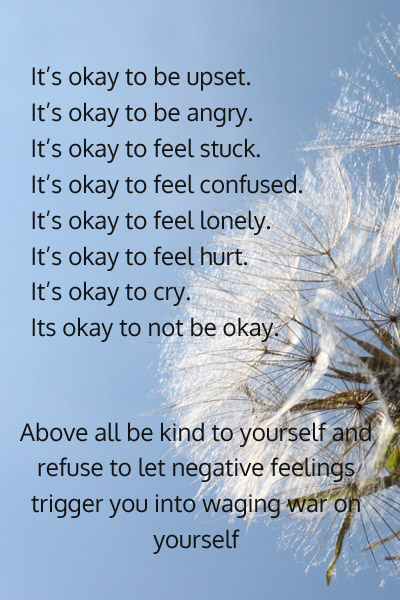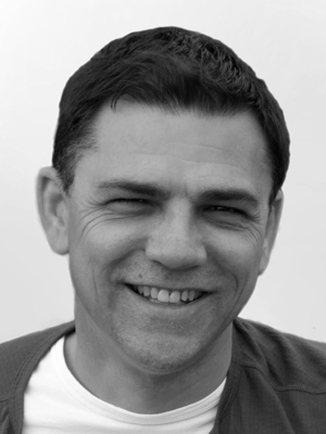|
While looking through Rethink Mental Health Pinterest boards, I came across this meme, original blogged by Bipolar Bandit. I was really struck by the last line in this quote,
"It's okay to not be okay " and for me how this is connected with "being kind to yourself "
First a bit of history
The phrasing of "It's OK to not be OK " draws on one of the biggest selling self-help books of all time, I'm OK, you're OK by Thomas Anthony Harris, which is based on the principles of Transactional Analysis developed by Eric Berne.
You might already have been introduced to Transactional Analysis's parent-adult-child framework for understanding relationships. I was introduced to it many years ago, during training on team building. Harris proposes "I'm OK, you're OK " as one of four 'life positions' people can adopt,
Mostly people tend to adopt the "I'm Not OK, You're OK " position. We often spend time comparing ourselves less favourably to others, believing others are better at coping, are cleverer, have more friends, and/or have better relationships. Just whose OK are we talking about?
The 2nd OK used in the quote, "It's okay to not be okay"
Is this really our OK? Or are we referring to the idealised version of OK, that we all carry around in our heads? The one where, we have recently been bereaved, and we decide that we are not coping because we keep crying? Or perhaps the one where we decide we are inadequte because we're off work with stress, but everyone else seems to be soldiering on regardless? Although this idealised version of OK is in our heads, it really comes from the expectations we absorb from other people around us, until we call it our own, and then try and live up to it. For me, this quote is saying, "It's okay not to live up to other's expectations." and so "It's okay to have your own version of okay." Most powerfully this quote is saying, "I may be sad, I may be depressed, I may be in crisis, I am still OK." We are taken from Harris' "I am not OK, you're OK." to "I am OK as I am, you're OK as you are." That for me is being kind to yourself.
main picture by unsplash via pixabay.com
0 Comments
Your comment will be posted after it is approved.
Leave a Reply. |
Categories
All
Archives
January 2021
|
BioI'm Mark, a Humanistic Counsellor. |
Home - Testimonials - Articles - Links - Contact - Book Appointment - Counselling Students - Privacy Policy - Terms
Mark Redwood, BA (Hons) Counselling, MBACP
© Mark Redwood 2015, 2016.2017 | Main portrait by Doug Freegard © 2015



 RSS Feed
RSS Feed